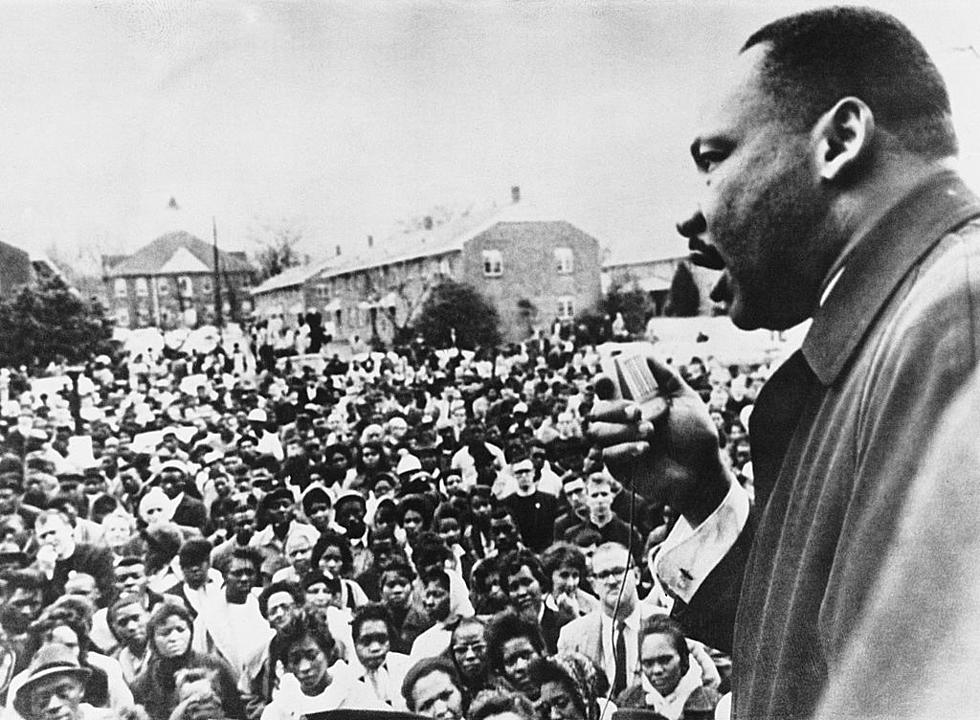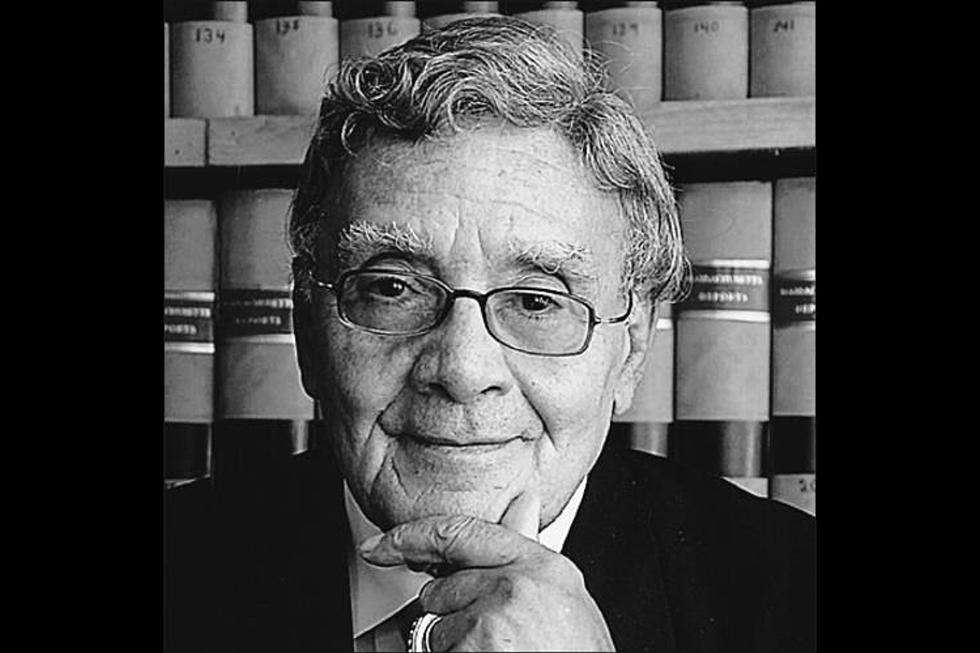
Personal Reflections of When Martin Luther King Was Assassinated
Growing up in the South was thought-provoking to say the least.
We moved from a nice apartment overlooking the Hudson River, just spitting distance from the George Washington Bridge in Washington Heights, New York City, to Hot Springs, Arkansas, a beautiful national park that produces the only non-volcanic geothermal springs of such high quality in the United States.
It was April 5, 1968, the morning after Dr. Martin Luther King, Jr. was slain. As an on-air announcer on KGUS-FM, we received word from the authorities to be expecting possible violence.
At that same time my father, and Orthodox priest, and my mother brought in to stay with us two seminarian graduate students from Nansana, a parish in central Uganda. I picked up a little Luganda, but I couldn't teach them any English because they were already fluent, with a very sophisticated, soft English accent. It surely wasn't the language spoken around this confederate state.

Hot Springs attracted a lot of folks to move there from Chi-Town (Chicago), and that helped ease the "good ol' boys" strangle hold on the area.
On that day, a convoy of dust-ridden trucks, flying the confederate flag and occupants fully armed, paraded up and down Central Avenue. Fearing for all our safety, my family and I discreetly went out the back with the seminarians to our church next door. There, some neighbors weren't happy that we welcomed the two Ugandan theology students.
I can tell you that the fear inside my stomach was painful and very deep down. I remember my dad and our guests donning their black vesper robes, and holding a memorial service of prayers for the executed MLK, and a world full of devoted brothers and sisters.
LOOK: 50 essential civil rights speeches
LOOK: 28 Modern Black History Makers & Moments
LOOK: Here are the biggest HBCUs in America
More From WBSM-AM/AM 1420

![It’s Time to America Up, SouthCoast [OPINION]](http://townsquare.media/site/518/files/2021/07/attachment-Mount-RushmoreTSM-Photo-Barry-Richard.jpg?w=980&q=75)
![Pandering Patrick Backs Reparations [OPINION]](http://townsquare.media/site/518/files/2020/01/GettyImages-1194933212.jpg?w=980&q=75)

![Bernie Bombs with Black Women [OPINION]](http://townsquare.media/site/518/files/2019/04/GettyImages-1139118815.jpg?w=980&q=75)
![Hillary Just as Divisive as Ever [OPINION]](http://townsquare.media/site/518/files/2018/11/hill-3.jpg?w=980&q=75)
![Local Civil Rights Forerunner Celebrated [PHIL-OSOPHY]](http://townsquare.media/site/518/files/2018/10/Greensboro-Four-Statue.png?w=980&q=75)
![The 50th Anniversary of MLK Assassination [VIDEO]](http://townsquare.media/site/518/files/2018/04/mlk.jpg?w=980&q=75)

